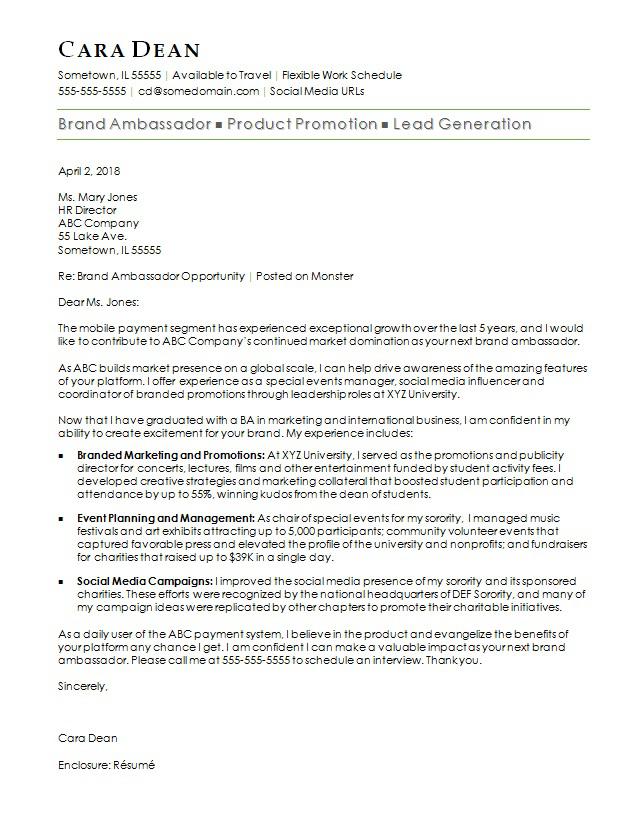

He insists on continuous learning throughout life in a voluntary and experiential way to create better citizens. You can learn more about his views in this video. The founder of Wikipedia is one of this biggest defenders of non formal and informal education. This idea is key for Jimmy Wales, for example.

Moreover, it’s a relatively voluntary type of education, with diverse teaching methods and its end goal isn’t a degree, but rather pure learning. How is it flexible? Non formal education is open to any age, origin and personal interest. In fact, this would be the most ideal model for them. UNESCO, for example, emphasises the flexibility of non formal education and how it allows for more personalised learning to be developed for each person. Non formal education isn’t a replacement to formal education, which is key and fundamental to the growth of the person, however, it can compliment it by covering needs or certain aspects that the regulated institution lack. It can work separately or within a larger activity, according to the participants or learning goals.Ĭharacteristics and importance of non formal education

#Non formal education benefits professional#
Moreover, it includes programmes or courses dedicated to technical and professional education. It starts in primary school and ends in university. Formal education has a hierarchical structure, organised in chronological order within the education system.

Coombs, Prosser and Ahmed established definitions of formal, informal and non formal education: This resulted in the publication of Learning to Be (The Faure Report, UNESCO 1972), where they paved the way to the future of education. Coombs, to confront the crisis and propose solutions. UNESCO held various summits led by expert, Philip H. The term “non formal education” and its recognition on a global scale came about in the 1960s, when consolidated educational institutions had to face an economical crisis and received questions about their lacking ability to adapt to a new society. Keep on reading! Differences between formal, informal and non formal education But do you know what it’s all about? Do you understand its importance? Throughout this post, we’ll give you a little introduction about non formal education and we’ll show you the benefits of activities like exchanges. But teachers fill a complex set of roles, which vary from one society to another and from one educational level to another.At dothegap we believe in non formal education and learning through experience. What is the role of teacher in formal education?īroadly speaking, the function of teachers is to help students learn by imparting knowledge to them and by setting up a situation in which students can and will learn effectively. There is an absence of discipline and attitude amongst the learners.It does not follow a proper schedule or a timespan.There is plenty of misinformation available on various social media platforms.What are the disadvantages of informal education? Informal education is when you are not studying in a school and do not use any particular learning method. People can also get an informal education by reading many books from a library or educational websites.
#Non formal education benefits how to#
Informal education may be a parent teaching a child how to prepare a meal or ride a bicycle. Informal education refers to learning that results from activities related to daily life experiences, work, family, or leisure. How are formal and informal education different?įormal education refers to systematic, curriculum-based, teacher-directed learning that happens within an institution such as a school, college, or university. Non-formal education, on the other hand, is often much more based on skills and also has attitude-based learning objectives. The main advantage of non-formal education is it's flexibility and ability to adapt to individual people's current needs and the continual changes in society. What could be the advantage of formal education over non-formal education? It teaches us the usage of this art and science in everyday life, and that is how a child becomes a learned person. It is through the formal education that the child learns the basic art and sciences. The ultimate purpose of formal education is to impart knowledge.


 0 kommentar(er)
0 kommentar(er)
